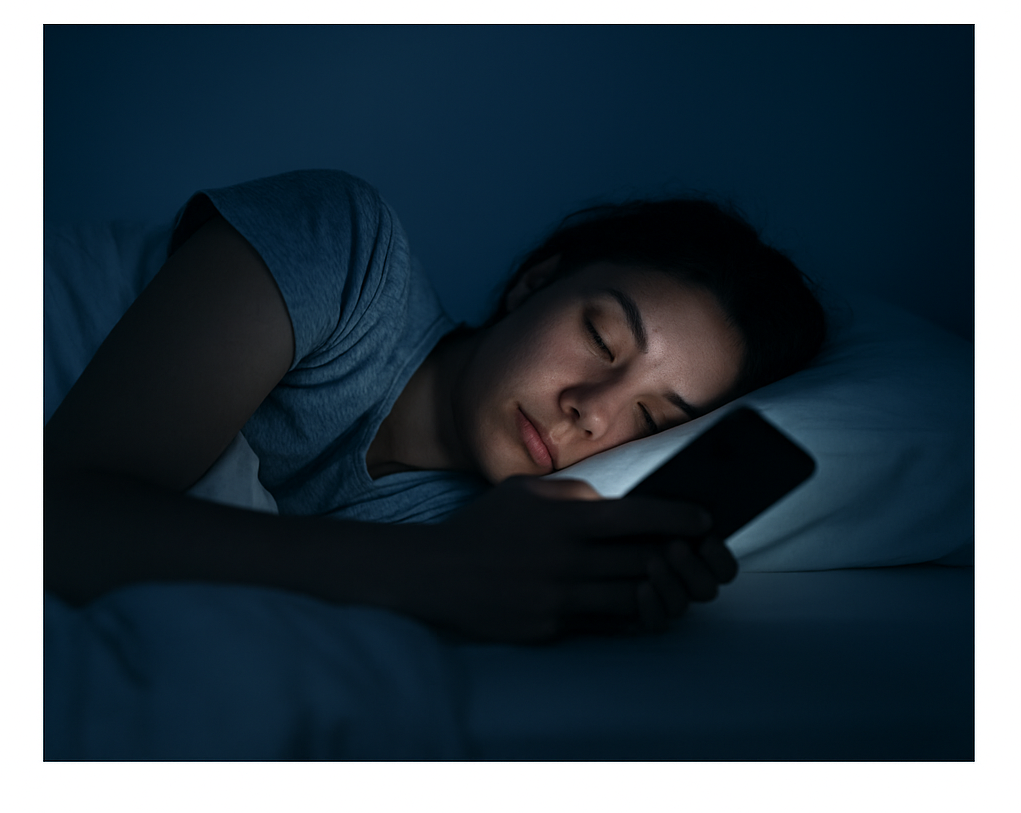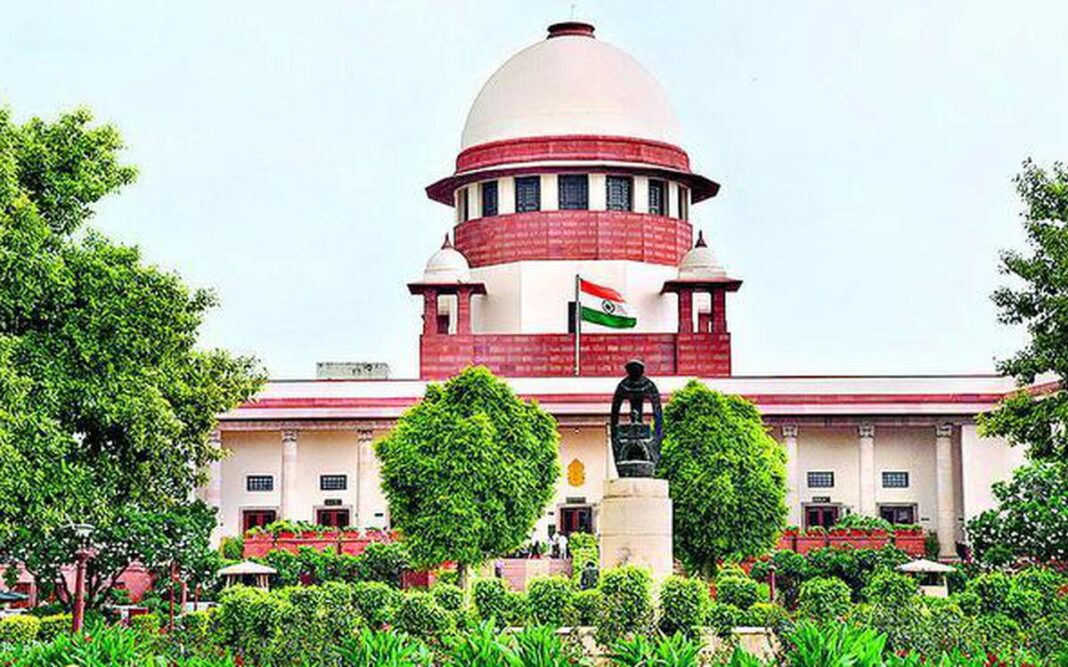In an era where smartphones light up our nights and endless streams of content keep our minds buzzing, sleep — once a sacred nightly ritual — is now under threat. The phenomenon of sleep deprivation in the digital age is not just about losing a few hours of rest; it is emerging as a full-fledged public health crisis, with far-reaching consequences on physical health, mental well-being, and even economic productivity.
The Changing Landscape of Sleep
Before the rise of the internet and digital devices, sleep patterns were largely dictated by the natural cycle of day and night. Today, glowing screens and constant connectivity have blurred those boundaries. Social media notifications, binge-worthy shows, and the lure of late-night browsing have redefined bedtime for millions.
According to a 2024 report by the World Health Organization, more than 40% of adults now experience symptoms of inadequate sleep at least three nights a week. For teenagers, the numbers are even higher, with studies showing that excessive screen time correlates directly with delayed sleep onset and shorter total sleep duration.
Digital Disruption of Circadian Rhythms
The human body operates on a circadian rhythm — a 24-hour internal clock that regulates sleep, hormone release, and other biological functions. Exposure to artificial light, especially blue light emitted by smartphones, tablets, and laptops, disrupts the production of melatonin, the hormone that signals the body to sleep.
Dr. Shalini Verma, a neurologist at AIIMS Delhi, explains:
“The blue light from screens tricks the brain into thinking it’s still daytime. This delays melatonin release, making it harder to fall asleep and reducing sleep quality even when we do manage to rest.”
The Mental Health Connection
Sleep deprivation in the digital age is not just a physical health problem — it has a strong mental health dimension. Research from Harvard Medical School shows that chronic lack of sleep can intensify anxiety, depression, and irritability. Digital overexposure often fuels these problems, with late-night scrolling exposing users to distressing news or unrealistic social comparisons, further triggering stress responses.
For young adults and students, the combination of academic pressures and social media engagement creates a perfect storm for poor sleep hygiene. In India, a 2023 survey by the National Institute of Mental Health and Neurosciences (NIMHANS) found that students who spend more than 4 hours online daily are twice as likely to experience insomnia compared to those who limit screen time.
The Health Risks of Chronic Sleep Loss
While occasional late nights may seem harmless, chronic sleep deprivation has severe long-term implications:
- Weakened immunity: Making the body more susceptible to infections.
- Metabolic issues: Increased risk of obesity, diabetes, and hormonal imbalances.
- Cardiovascular strain: Higher chances of hypertension, heart disease, and stroke.
- Cognitive decline: Reduced memory retention, focus, and decision-making ability.
The Centers for Disease Control and Prevention (CDC) in the US has gone so far as to classify insufficient sleep as a public health epidemic.
Work Culture and the ‘Always-On’ Problem
The shift to remote work and flexible schedules during and after the pandemic brought with it an unintended consequence: the erosion of work-life boundaries. Constant availability on work chats and emails has extended office hours into personal time, cutting into rest.
In high-pressure corporate environments, the idea of “sleeping less to work more” is often seen as a badge of honor. But the economic cost is staggering — the RAND Corporation estimates that countries lose up to 2% of GDP annually due to reduced productivity linked to sleep deprivation.
Digital Detox and Sleep Hygiene Solutions
Addressing sleep deprivation in the digital age requires both personal discipline and systemic changes. Experts recommend:
- Screen curfew: No devices at least 60 minutes before bed.
- Night mode settings: Reducing blue light exposure in the evening.
- Consistent schedule: Going to bed and waking up at the same time daily.
- Mindful content consumption: Avoiding distressing or highly stimulating content before sleep.
- Workplace policies: Encouraging employers to respect digital boundaries after work hours.
Some countries are already leading the way. France’s “right to disconnect” law, which grants workers the legal right to ignore after-hours emails, is being studied as a model for reducing work-induced sleep loss.
The Cultural Shift We Need
Ultimately, the solution lies in redefining our relationship with technology. While devices and the internet are here to stay, the cultural glorification of sleepless hustle must be replaced with an understanding of rest as a pillar of health, much like diet and exercise.
As Dr. Verma puts it:
“Sleep is not a luxury; it is a biological necessity. In the digital age, protecting it requires conscious effort.”
Until we collectively make that shift, sleep deprivation in the digital age will continue to silently undermine our health, happiness, and productivity.





